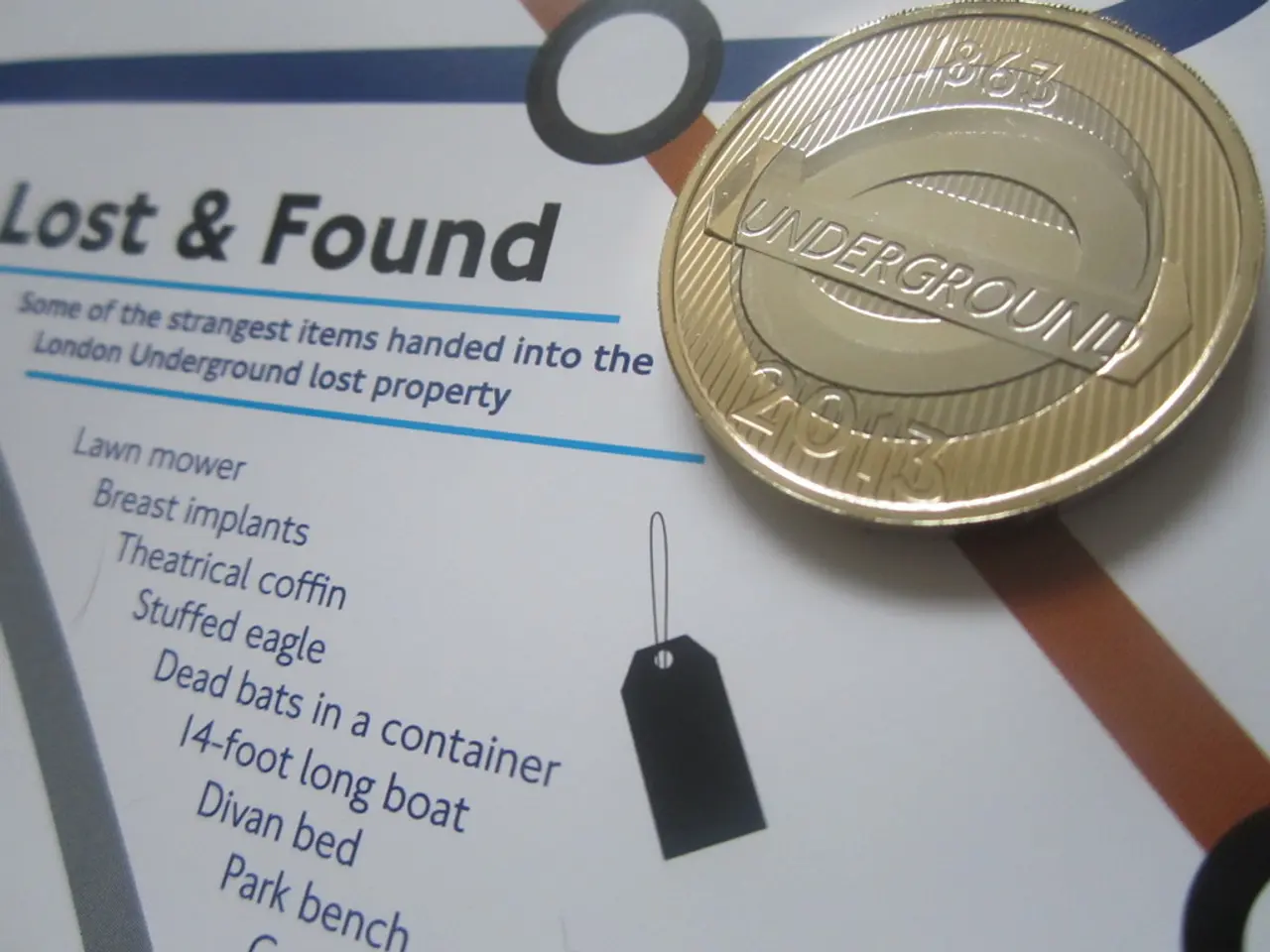Urban Advantage of the Food-Water-Energy Interlinkage: City Gains from This Connection
In a groundbreaking move, the Food-Water-Energy (FWE) nexus is being implemented in urban environments, particularly in developing countries, to address resource interdependencies holistically and sustainably. This system, which highlights the interconnection between food, water, and energy, offers multiple significant benefits.
**1. Efficient Resource Use:**
The FWE nexus approach integrates food, water, and energy systems, allowing urban areas to optimize limited and often scarce resources. By fostering circular flows where outputs from one system support another, such as renewable energy powering water desalination for agriculture, significant improvements in resource efficiency and reductions in waste are achieved [1].
**2. Climate Resilience and Adaptation:**
Urban systems can better withstand climate extremes common in developing regions by utilizing sustainable technologies such as solar-powered irrigation or desalination plants. For instance, Sundrop Farms in Australia uses solar power for desalination and greenhouse energy, demonstrating an adaptive model that could translate to urban settings in developing countries facing extreme climates [1][3].
**3. Enhanced Food Security and Nutrition:**
The nexus helps secure reliable water and energy supplies critical for urban agriculture and food processing, contributing to local food production and nutritional outcomes. This is particularly vital in developing countries where many depend on aquatic and urban agricultural food sources [2][5].
**4. Economic and Social Benefits:**
Nexus-based initiatives reduce operational costs by co-locating infrastructure, enabling access to clean water and energy for marginalized urban populations, and creating jobs in sustainable technologies. This equitable access fosters inclusive urban development [3][5].
**5. Reduced Environmental Impact and Emissions:**
Integrated FWE systems reduce emissions by promoting renewable energy, minimizing nutrient runoff into aquatic ecosystems, and encouraging ecosystem-based management strategies that preserve urban water bodies and coastal areas, critical for urban environmental health [2][3].
**6. Policy Coherence and Institutional Efficiency:**
Implementing the nexus encourages governments to break down sectoral silos, enabling integrated planning and governance. This systems thinking improves infrastructure resilience, climate adaptation strategies, and more coordinated service delivery in urban areas of developing countries [1][3].
The FWE nexus also addresses the environmental challenges posed by unsustainable practices, such as the palm oil exploitation in Indonesia, which leads to rainforest deforestation, making the country the world's fifth largest emitter of greenhouse gases, and contaminating freshwater streams upon which millions of people depend [6].
Moreover, the FWE nexus contributes to sustainable urbanization by promoting resource interdependencies and spatial perspectives, helping populations transition to sustainable consumption and production. Technologies allowing sustainable agriculture can efficiently meet the demand for resources in such places, reducing the need for long-distance transportation, thus lowering food miles and energy usage [7].
However, urban agriculture can also cause water consumption, pesticide and fertilizer use, greenhouse gas emissions, and soil management problems. Therefore, it is crucial to implement strategies for ensuring water protection and availability, and for agricultural production to avoid price fluctuations [4].
The revolution in renewable energy generation is further enabling local food production in urban environments, not just suburban zones. Initiatives like the JPI Urban Europe, a European research and innovation hub that funds projects addressing urban challenges and collaborates with websites to make the FWE nexus more accessible to a wider audience, are playing a crucial role in this transition [8].
In summary, implementing the Food-Water-Energy nexus in urban environments of developing countries can lead to sustainable resource management, improved food and water security, economic opportunities, climate resilience, reduced environmental degradation, and better integrated governance—all critical to advancing sustainable urban development in resource-constrained settings [1][3][5].
References: [1] European Commission. (2015). Food-Water-Energy Nexus. Retrieved from https://ec.europa.eu/food/sites/food/files/food-farming-fisheries/documents/150623-food-water-energy-nexus_en.pdf [2] European Commission. (2018). EU Urban Agenda - Pillar 2: Sustainable Use of Land and Nature-Based Solutions. Retrieved from https://ec.europa.eu/info/strategy/priorities-2019-2024/europe-can-do-more-climate-and-environment/urban-development/eu-urban-agenda-pillar-2-sustainable-use-land-and-nature-based-solutions_en [3] European Commission. (2020). Urban Agenda for the EU - Partnership on Resource Efficiency. Retrieved from https://ec.europa.eu/info/strategy/priorities-2019-2024/europe-can-do-more-climate-and-environment/urban-development/urban-agenda-for-the-eu-partnership-on-resource-efficiency_en [4] Food and Agriculture Organization of the United Nations. (2018). The Future of Food and Agriculture. Retrieved from https://www.fao.org/3/a-i7886e.pdf [5] United Nations. (2018). The Future of Food and Agriculture. Retrieved from https://www.un.org/sustainabledevelopment/blog/2018/06/the-future-of-food-and-agriculture/ [6] World Wildlife Fund. (2020). Palm Oil and Deforestation. Retrieved from https://www.worldwildlife.org/threats/palm-oil-and-deforestation [7] United Nations. (2019). The Future We Want, The Future We Need: Urgent Transformative Action Needed on Food and Agriculture. Retrieved from https://www.un.org/en/conferences/sustainabledevelopment-2019/documents/pdf/a%2074%202019%20L%2040%20rev.1%20(E).pdf [8] JPI Urban Europe. (2021). About JPI Urban Europe. Retrieved from https://www.jpi-urban.eu/about-us/
7. Renewable Energy and Local Industry:
The integration of renewable energy generation within urban environments can stimulate local industry growth while promoting sustainable practices. For instance, the use of biogas from waste materials could power manufacturing units, creating employment opportunities and reducing reliance on fossil fuels [1].
8. Financial Growth and Nexus Profitability:
The nexus approach offers potential for financial gain by unlocking multiple revenue streams, such as energy sales, carbon credits, and increased agricultural productivity. These economic benefits can be harnessed to fund further improvements in urban infrastructure and resource management, thereby driving sustainable development [2][5].




